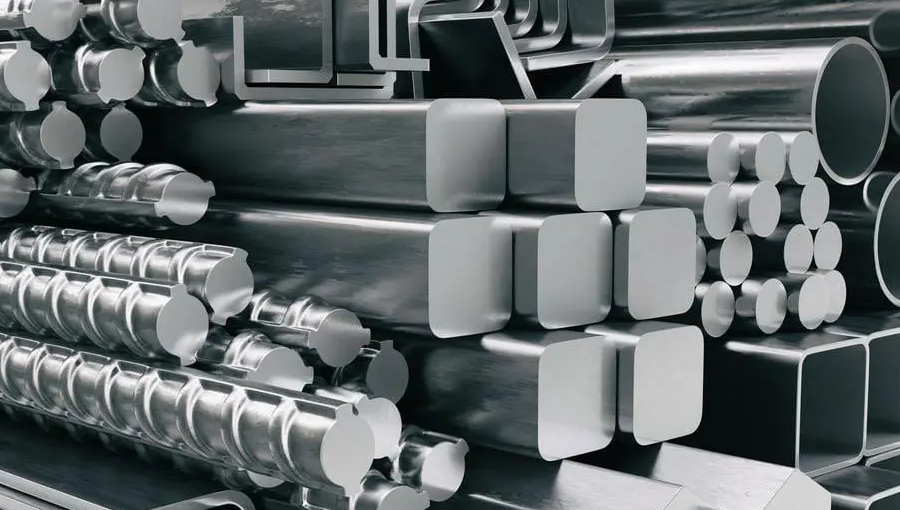India–US Trade Tensions Rise Over Steel and Auto Tariffs NMDC Limited reports a 38% drop in Q4 FY24 consolidated net profit RINL to Raise $23 Million Through Land Sales Amid Crisis

Steel is a deregulated sector, and the decisions related to the kind of steel produced are made by individual steel producers based on market demand and other commercial considerations. Data on the consumption of total finished stainless steel in India during the last five financial years is given below and indicates a Compound Annual Growth Rate (CAGR) of 4.36% over the past 5-year of span.
Since steel is a de-regulated sector, no subsidy has been given to the steel sector since 2014. However, to create a conducive policy environment for the development of the steel sector and to promote 'Make in India', the Government has taken the following initiatives: -
Implementation of the Domestically Manufactured Iron & Steel Products (DMI&SP) Policy to promote Made in India steel for Government procurement.
The Government has launched the Production Linked Incentive (PLI) Scheme for speciality steel to promote the manufacturing of 'Specialty Steel' within the country and reduce imports by attracting capital investments. The anticipated additional investment under PLI Scheme for speciality steel is ₹29,500 crores and an additional capacity creation of around 25 million tonnes (MT) for speciality steel.
The Make in India initiative and the PM Gati-shakti National Master Plan will further engage potential users, including those from the Railways, Defence, Petroleum and Natural Gas, Housing, Civil Aviation, Road Transport and Highways, Agriculture, and Rural Development sectors, to enhance steel usage, overall demand for steel, and investment in the steel sector in the country.
Coordinating with Ministries and States, as well as other countries, to facilitate the availability of raw materials for steel making on more favourable terms.
Notification of Steel Scrap Recycling Policy to enhance the availability of domestically generated scrap.
Notification of 145 numbers Steel Quality Control Orders to prevent manufacturing and import of non-standardized steel and to make available quality steel products to the public at large.
The policy of strategic disinvestment/privatization of Public Sector Undertakings (PSUs) is based on the economic principle that the Government should discontinue in sectors where competitive markets have come to age. The economic potential of such entities may be better discovered in the hands of strategic investors due to various factors such as capital infusion, technological upgradation, and efficient management practices. Strategic Disinvestment sale implies an entire or substantial sale of Government shareholding of PSES, along with a transfer of management control.
Also Read : PM to lay Foundation Stone of 300 MW Barsingsar Solar Power Plant with investment of over ₹ 1756 Cr PM GatiShakti to be utilised for 3 new major railway corridors declared under Interim Budget 2024-25